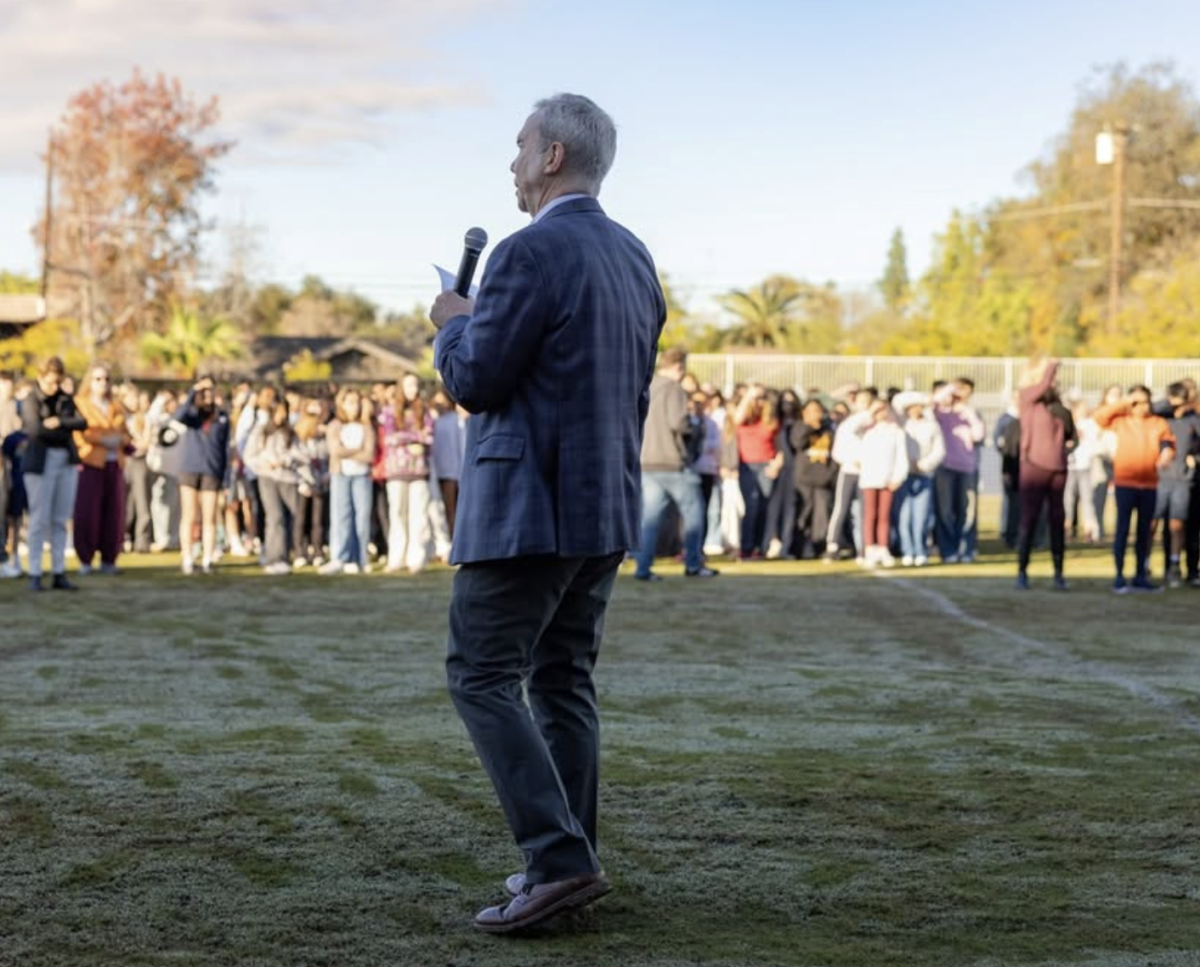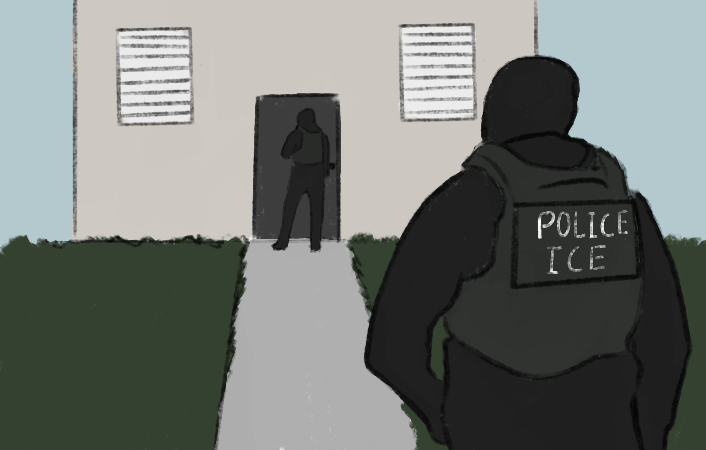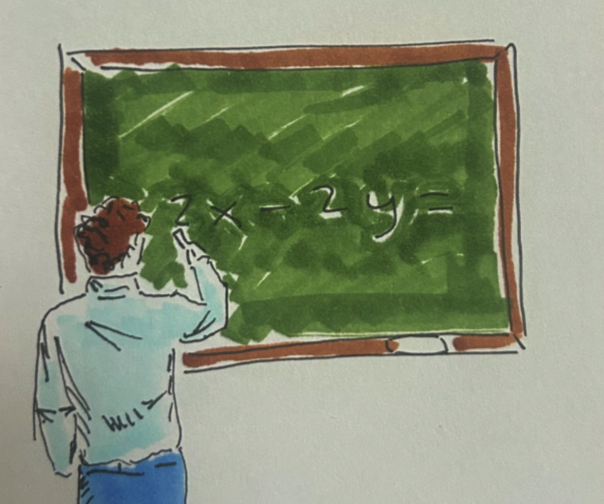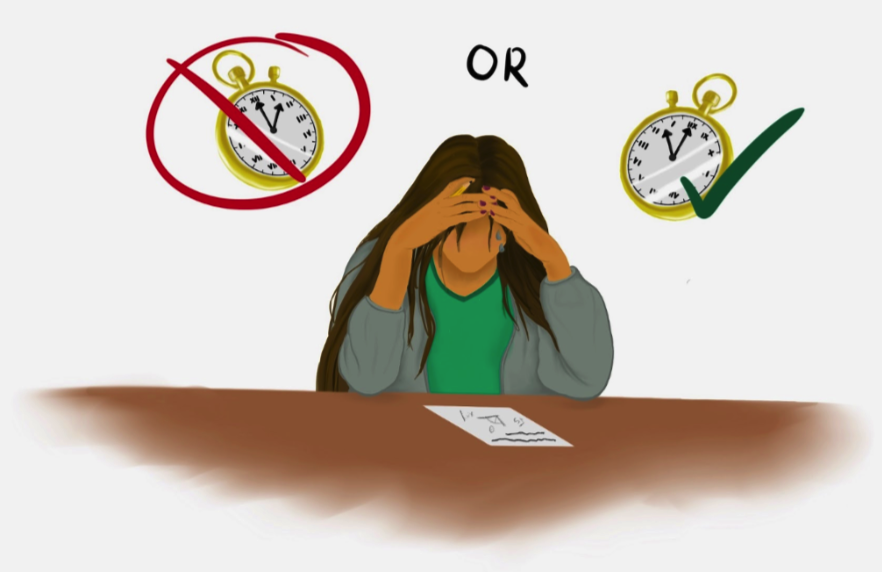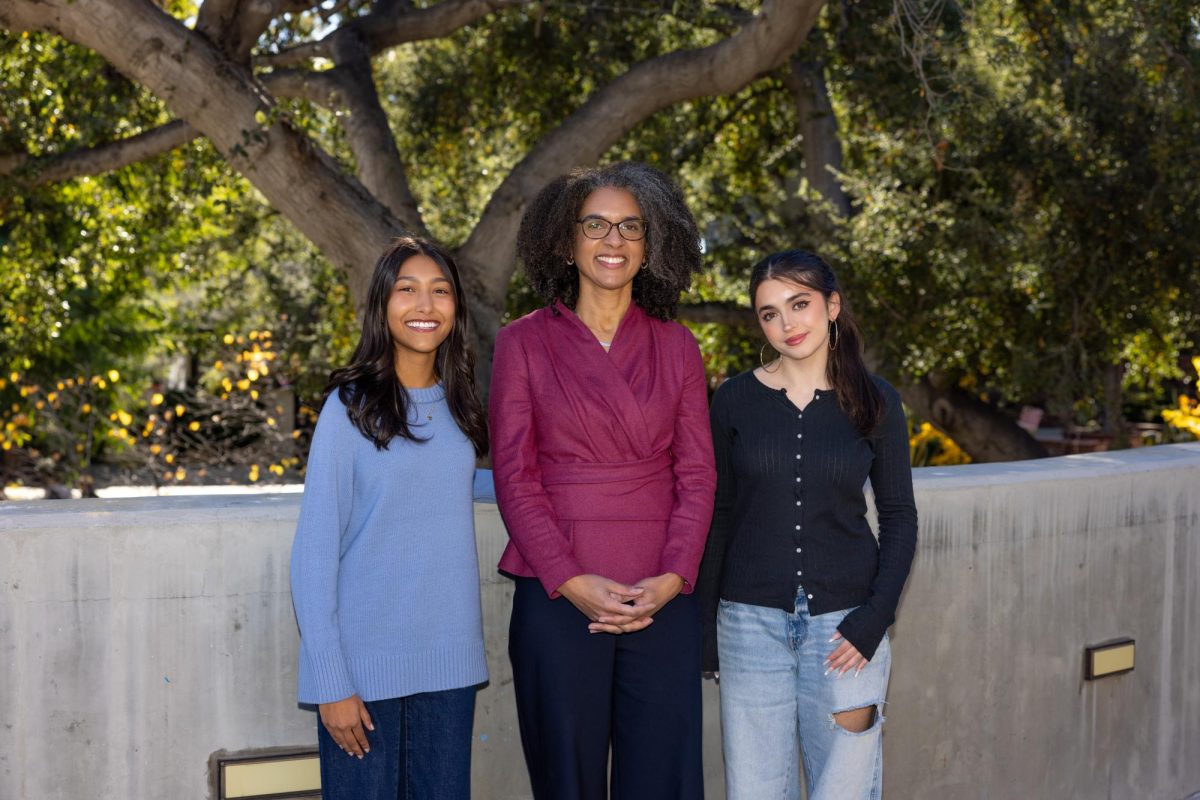At some point in Poly’s Middle School history curriculum, I learned that firefighting used to be a privatized sector in 18th-century America. My teacher tried to explain the injustice that stemmed from only rich citizens being able to protect their homes in the event of a fire, and we all agreed: people’s houses shouldn’t be left to burn because they didn’t have enough money to buy firefighters.
As fires sprouted across Southern California this month, a few neighborhoods bore the brunt of the devastation. In the Palisades, most residents had evacuated by Tuesday night, with a few houses left standing come Friday. Yet, tn neighborhoods where almost every home suffered irreparable damage, some houses remained nearly untouched. In many of these cases, it was not sheer coincidence or luck that protected these homes but rather the work of private firefighters. These private firefighters saved almost all the homes they had been hired to protect, and if a house burned down, it was always the last one in the area to do so because of the preparedness and skill of the firefighters.
Yet, just as my middle school class criticized private firefighting in the 18th century, many LA residents were shocked to learn people had employed a fleet of personal firefighters to protect their property, while the rest of the neighborhood burned.
The injustice is as apparent now as it was then: private firefighting shouldn’t have to exist because the government should ensure the safety of its citizens through public fire services. Disaster response shouldn’t cater to those fortunate enough to afford professional fire home protection; it’s the duty of the local government to protect everyone equally, regardless of socioeconomic class.
Andrew Sarvis, leader of the private firefighting firm West Coast Water Tenders, shared his experience during the devastation: “I had people calling me, ‘If I write you a check right now for a million dollars, will you come to my house?’”
The inequality is apparent across the affected neighborhoods; Desperate families lost their homes while the upscale Palisades Village Erewhon remains standing due to the efforts of a private fire department. What kind of dystopian world do we live in where people don’t even have trust in their own government to protect them or their properties from natural disasters? This distrust is lamentable, but it’s also justified—LA County proved it couldn’t protect its citizens or their homes.
Much of the fire damage could have been mitigated. However, the city decreased the firefighting budget by almost $18 million over the past year, according to CBS. Instead of granting funds to the fire department to increase the amount of firefighting supplies at their disposal, the city worked with the firefighter union to increase wages. While boosting wages for firefighters is important, securing the safety of people and structures from fires will always be more important.
The budget cut trade-off was also partially diverted into LAPD funding, which increased by more than $125 million dollars to combat crime rates that had been trending down for quite some time, while the risk of wildfire in the area had been steadily increasing.
In particular, Los Angeles Mayor Karen Bass received public criticism for her management of the fires. As the National Weather Service intensified warnings about a coming windstorm, Bass flew out of the country to attend the inauguration of Ghanaian President John Dramani Mahama. She remained out of the country as the Palisades fire ignited, then exploded, with other fires soon erupting in and around the city. Upon her return, reporters hurled a flurry of fire-related questions towards her, such as “Do you owe citizens an apology for being absent while their homes were burning?” and “Do you regret cutting the fire department budget by millions of dollars, Madame Mayor?” She did not answer either question.
Poor government funding and policy decisions led to the downfall of thousands of structures in both Altadena and the Palisades, but accountability, public policy comprehension and political engagement could have solved these inequity issues. Moving forward, Los Angeles should prioritize restoring trust in its public services by reexamining budget allocations and ensuring fire departments have the resources they need to combat escalating wildfire risks. We should strive for a society where no one should have to depend on private means to protect themselves from natural disasters. By adopting a proactive, equity-driven approach, Los Angeles can safeguard its residents and redefine its commitment to public safety in the wake of this tragedy.

